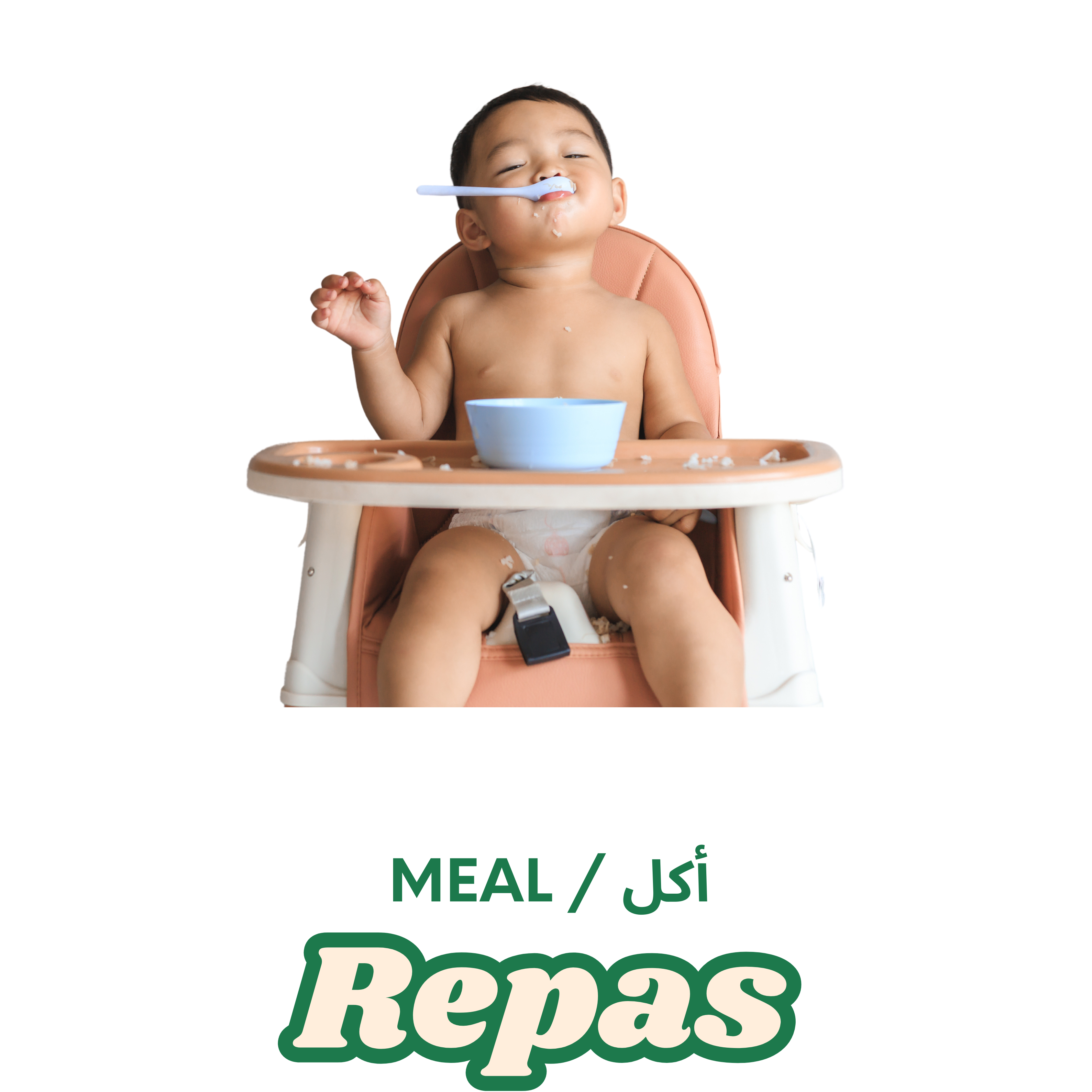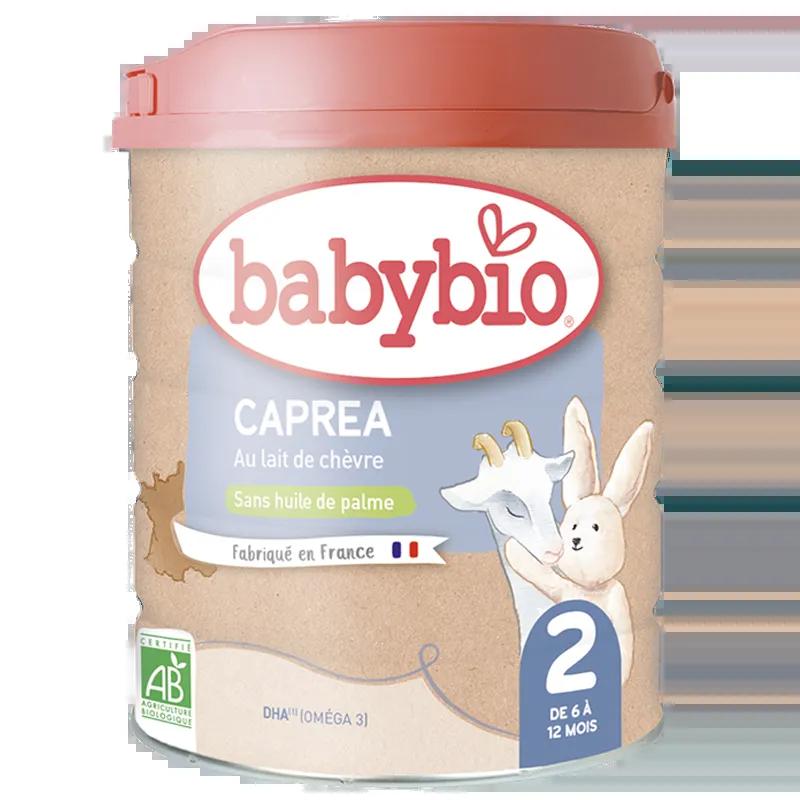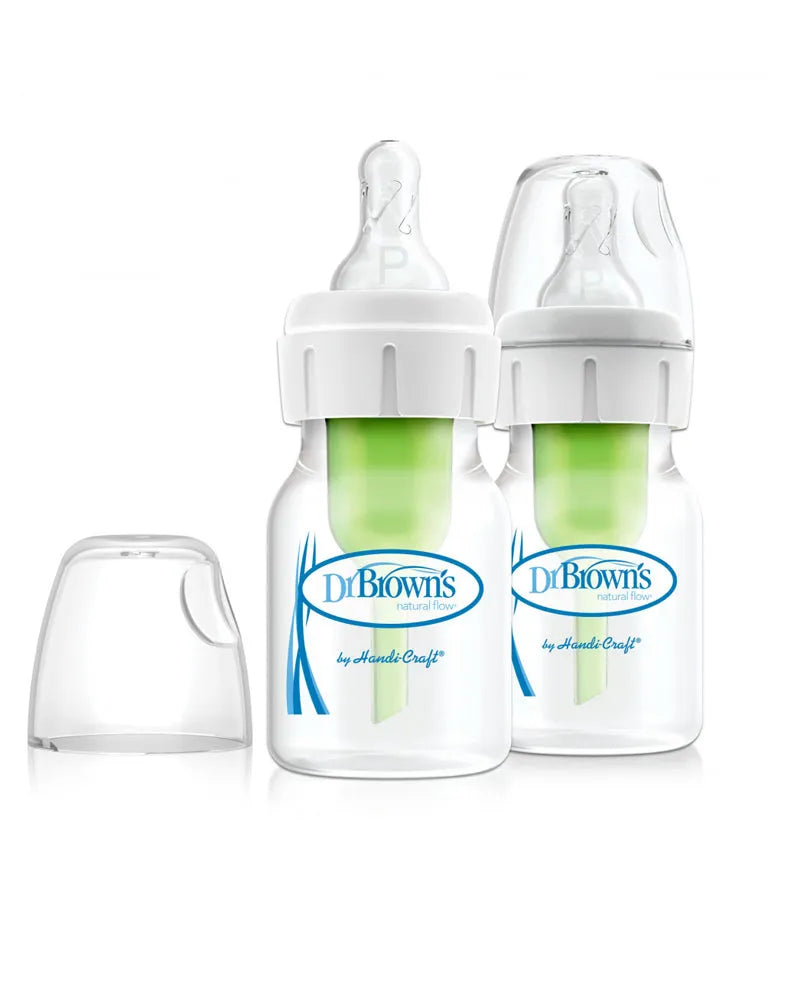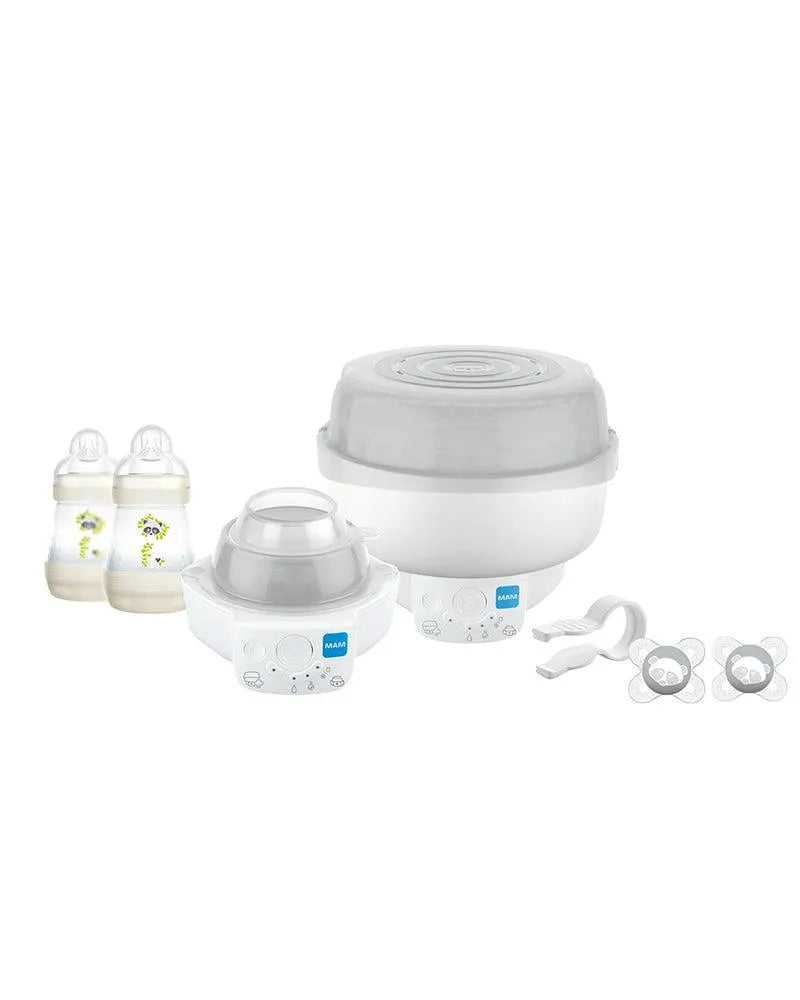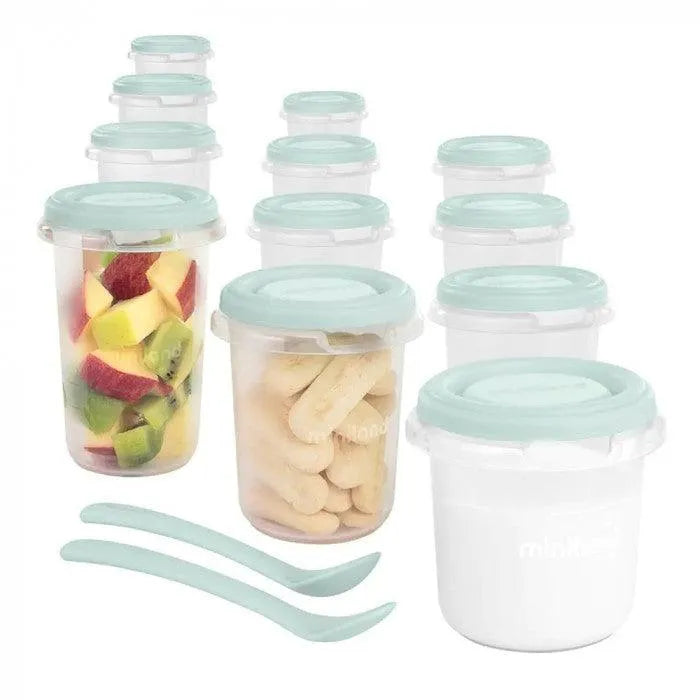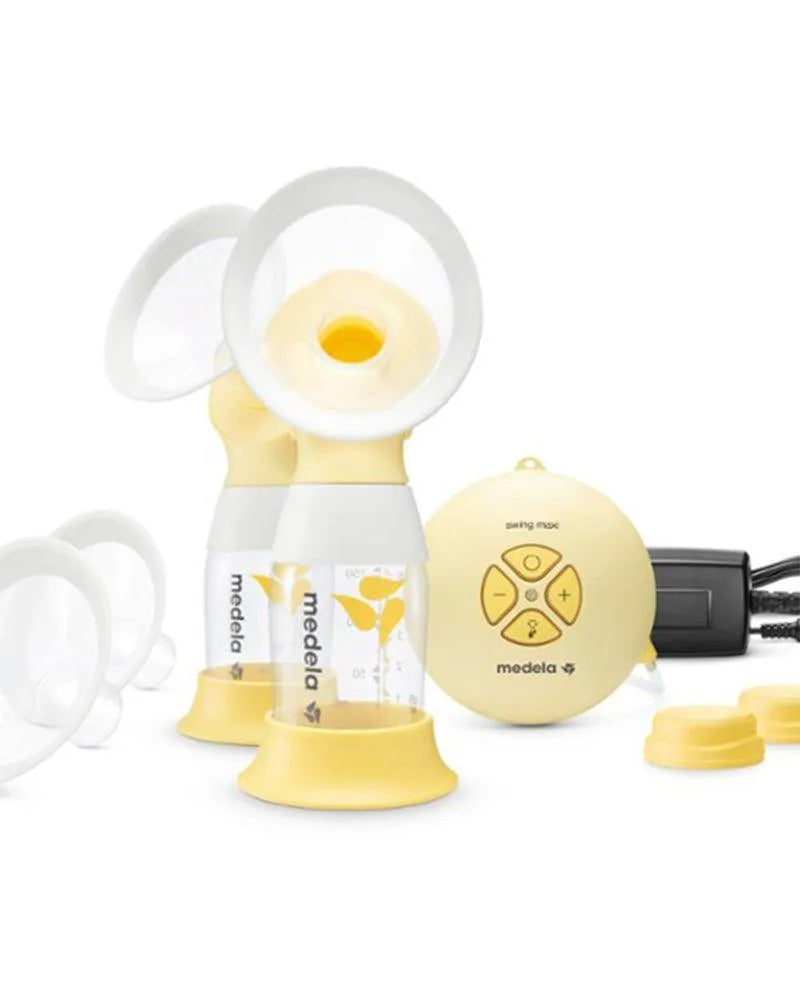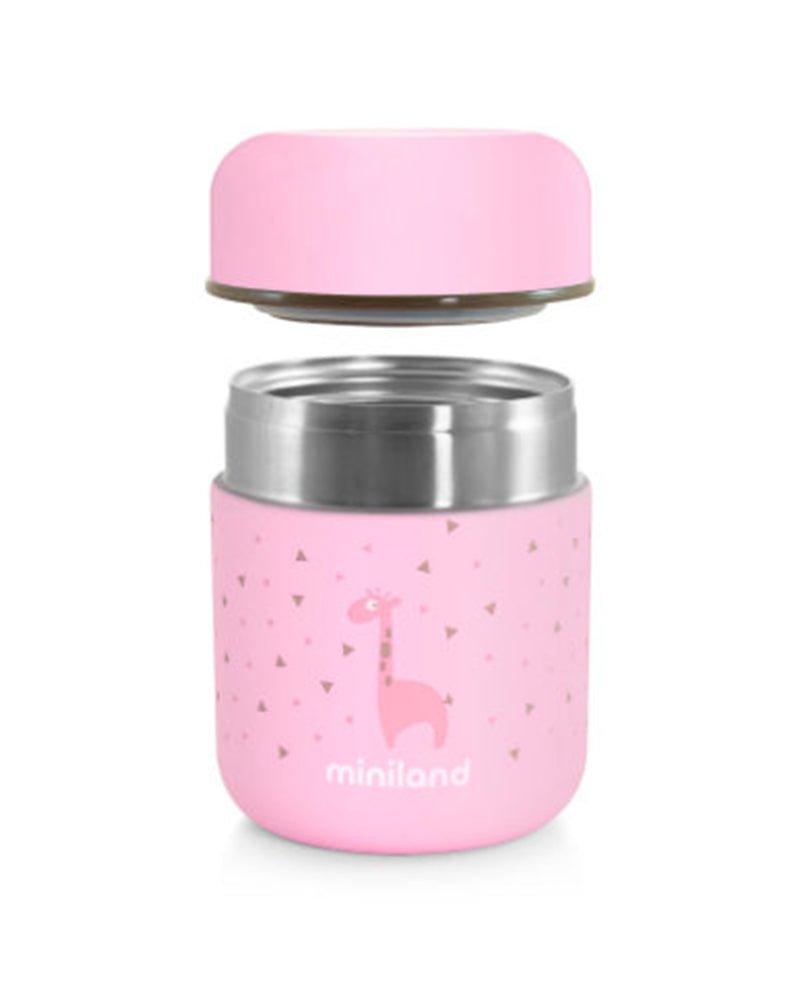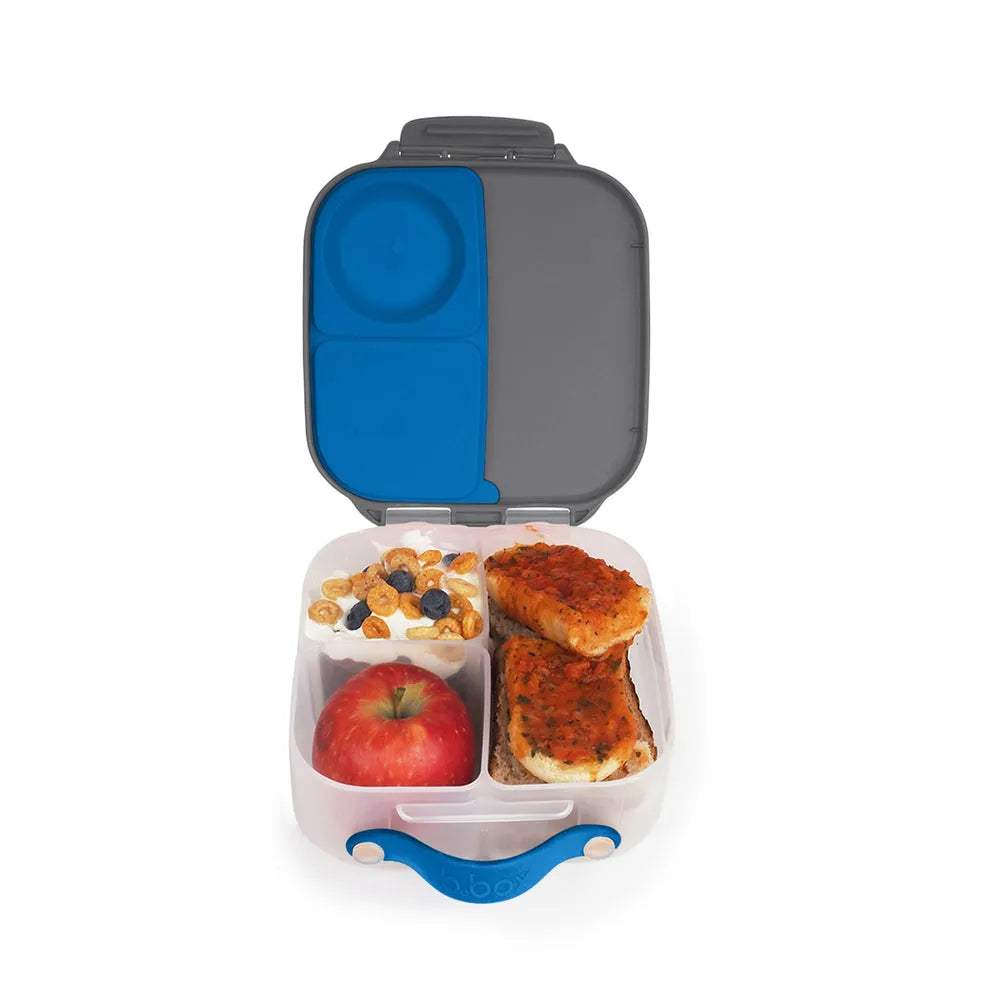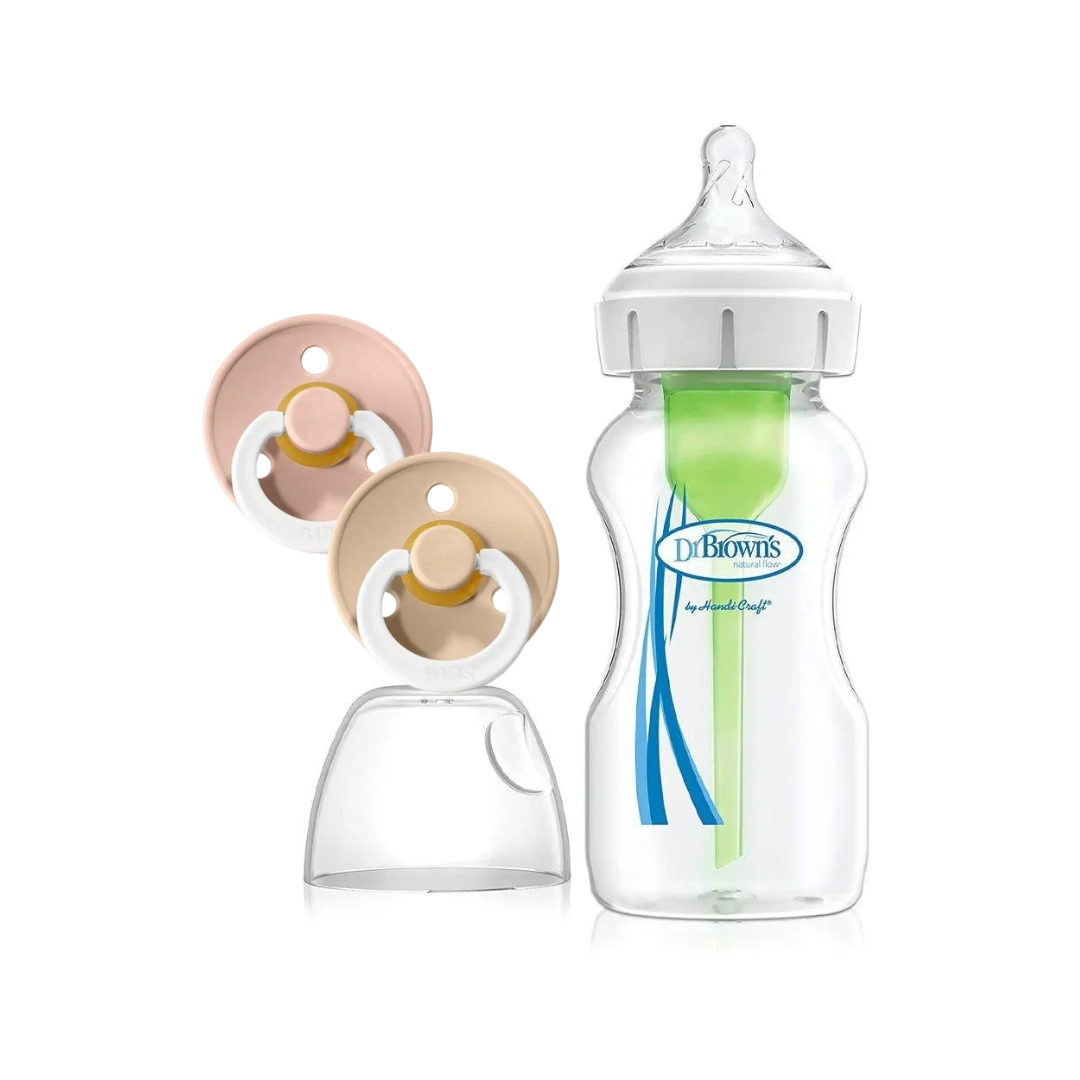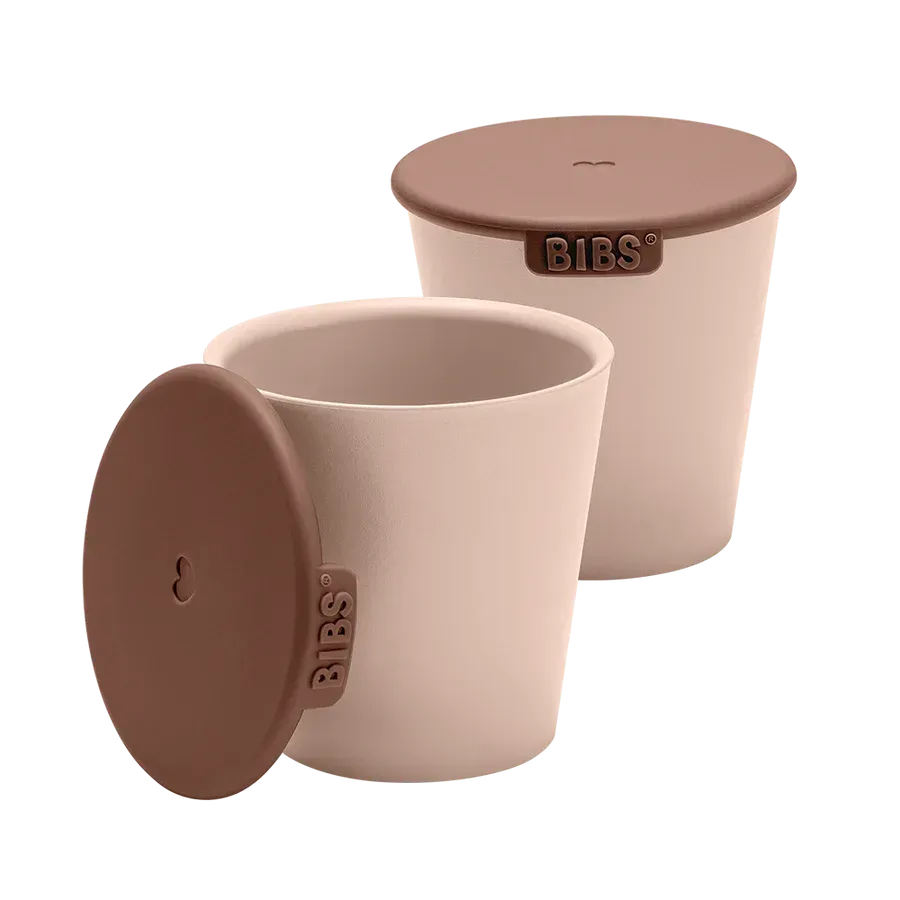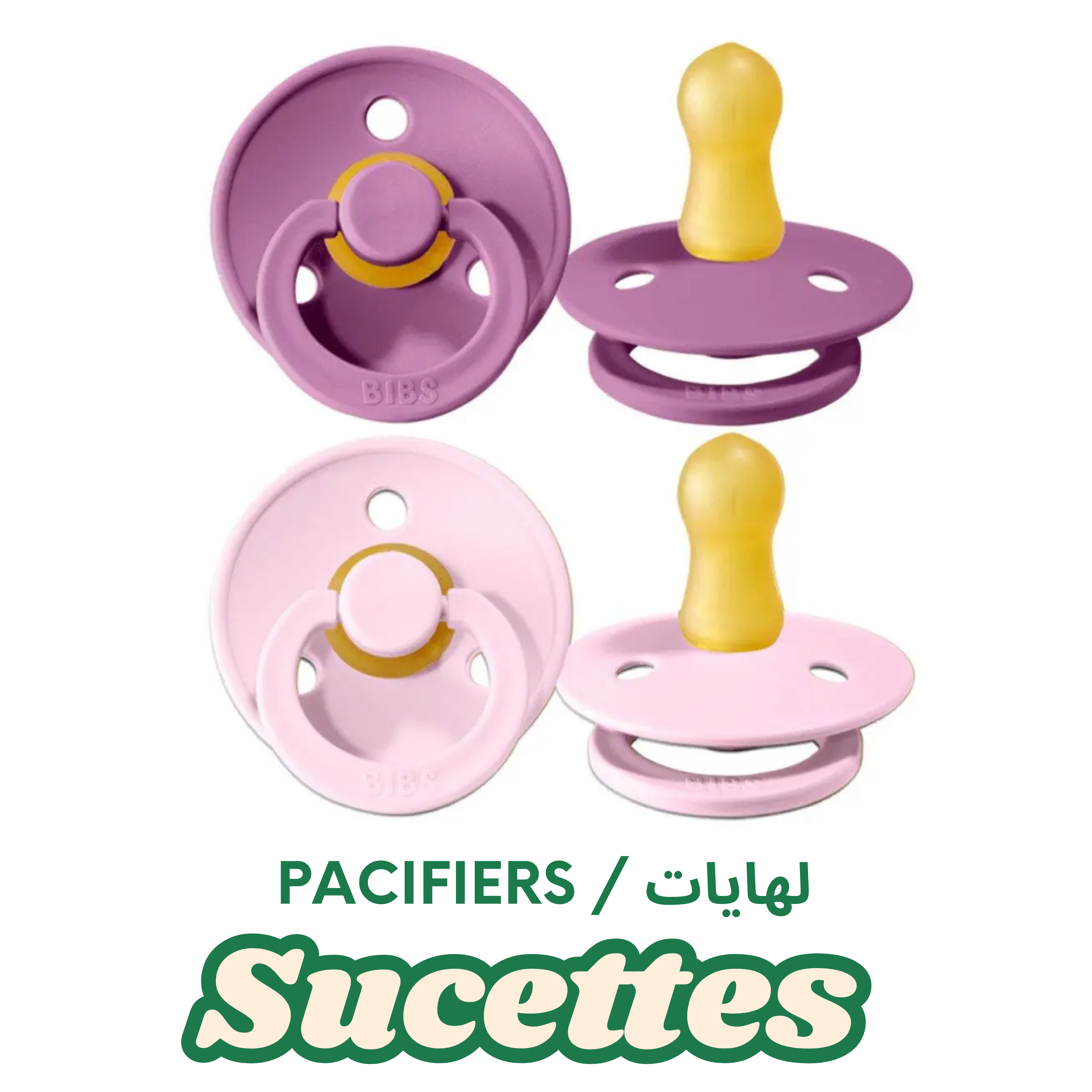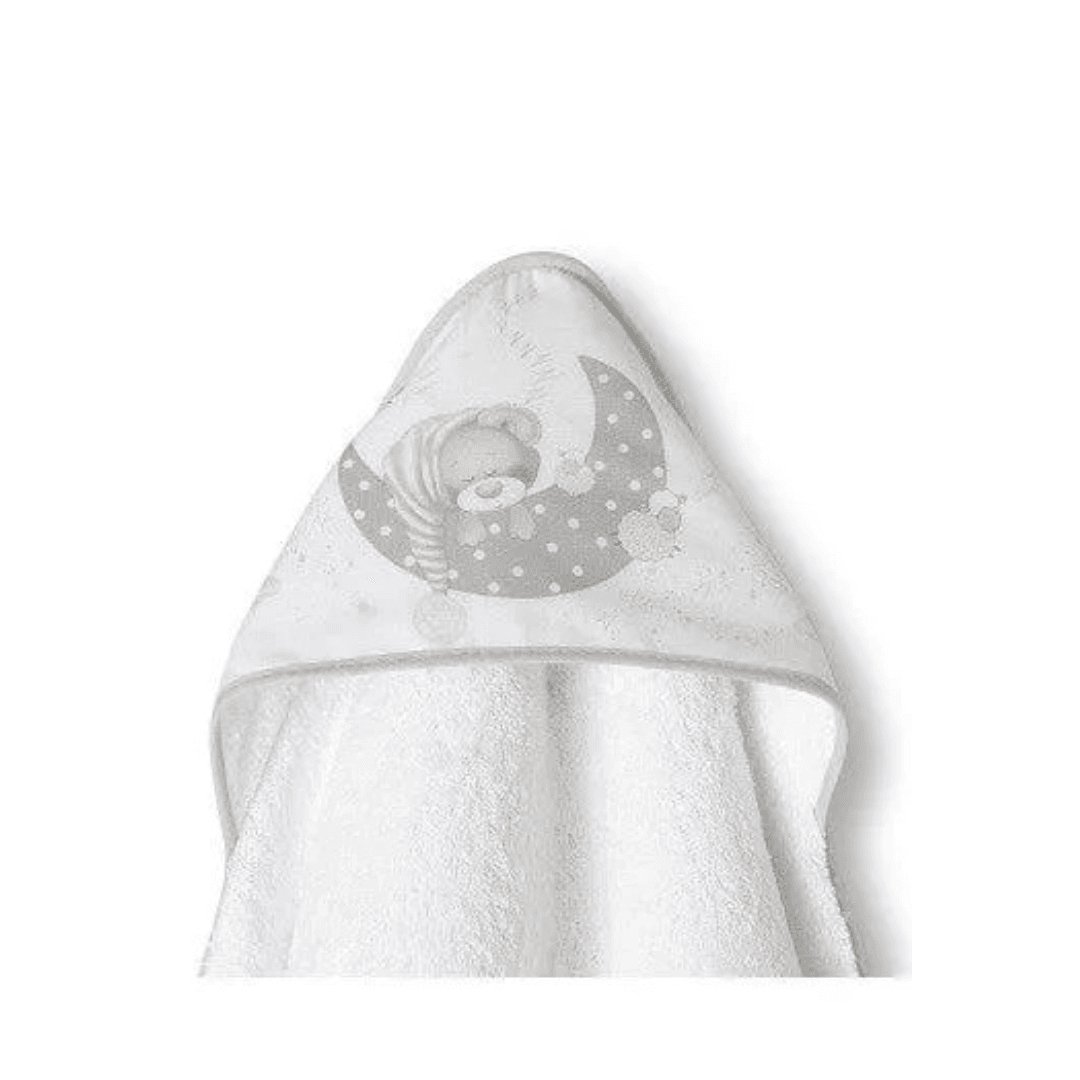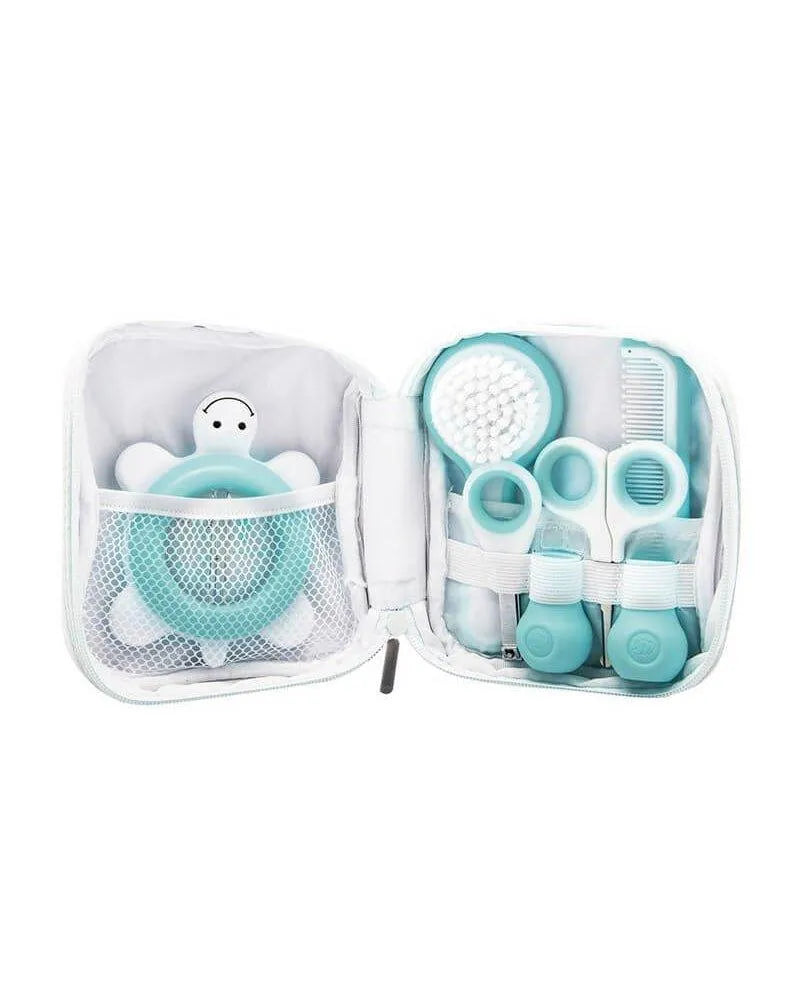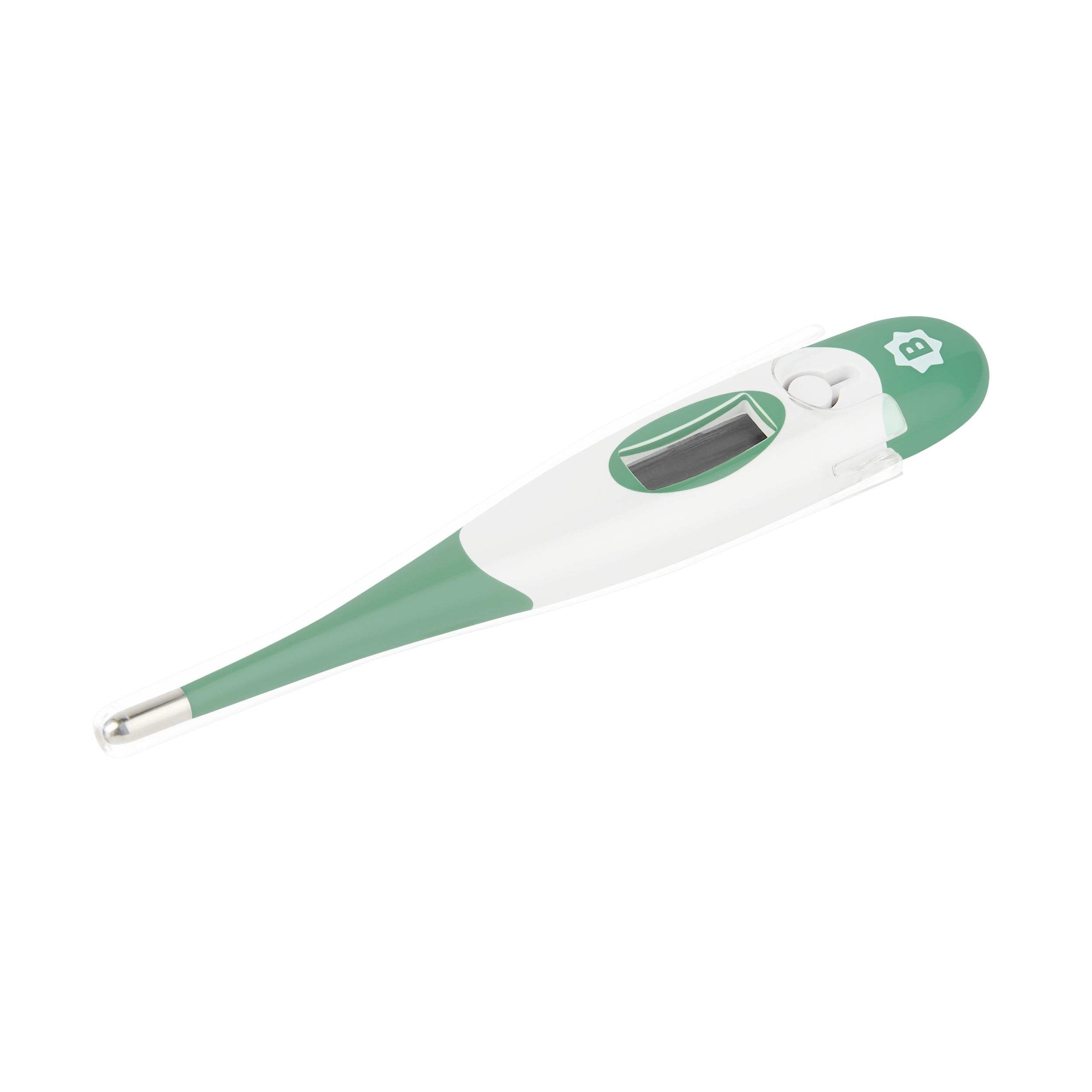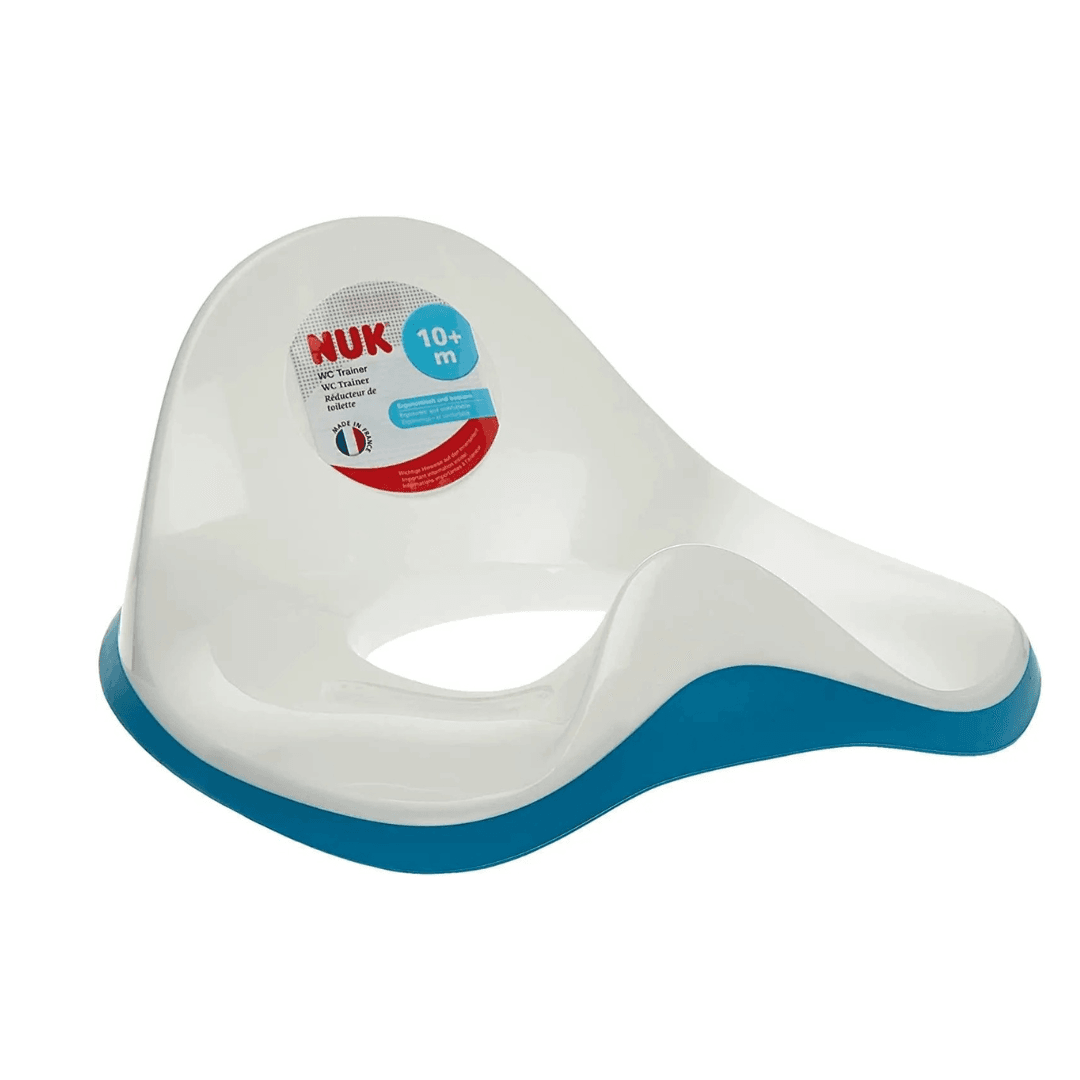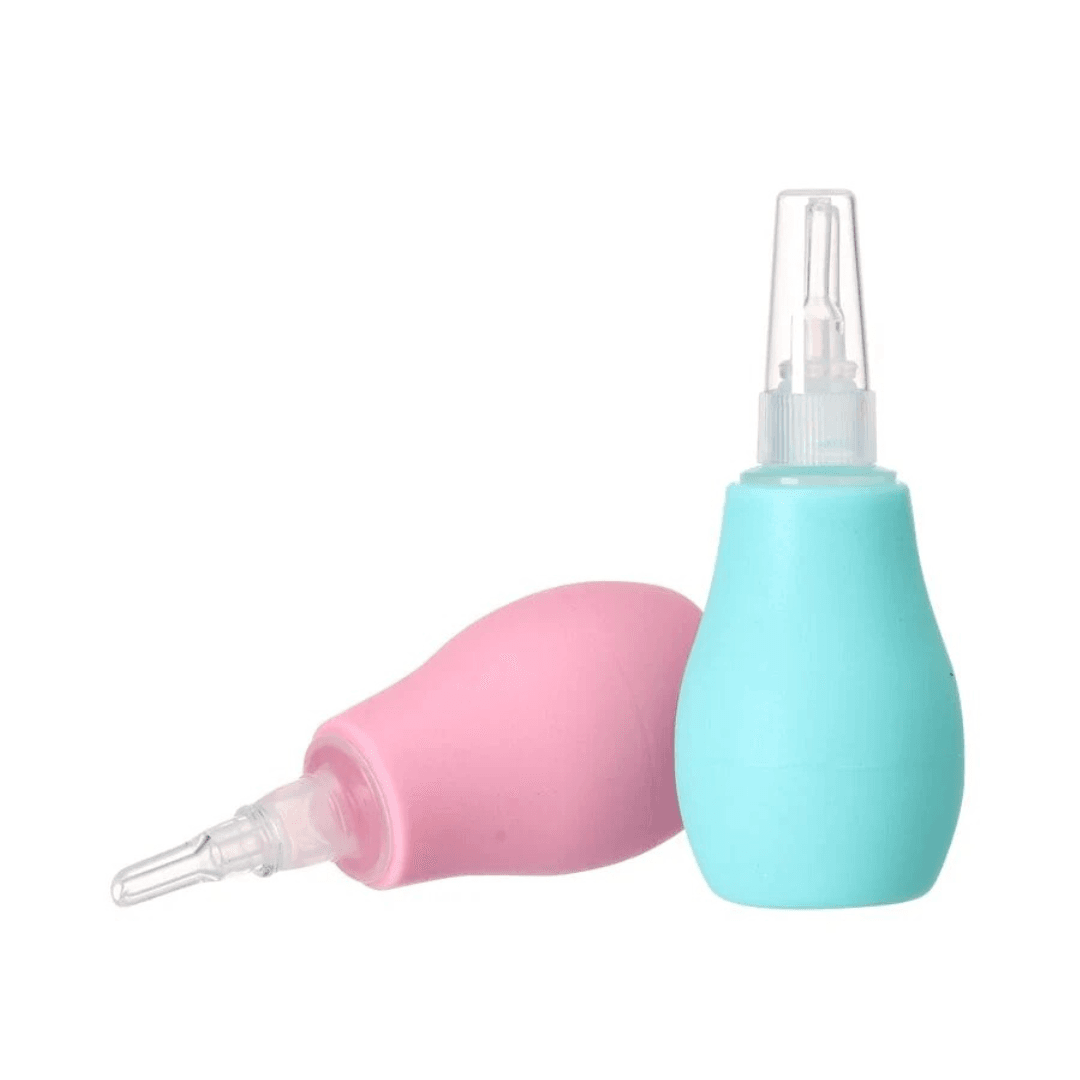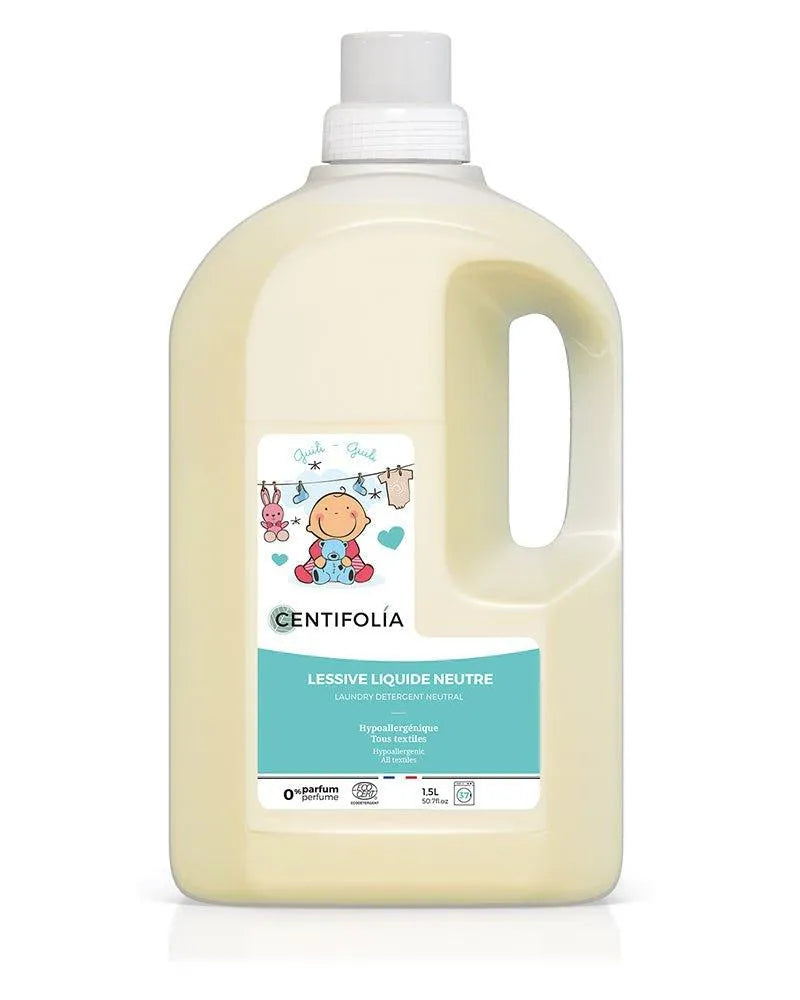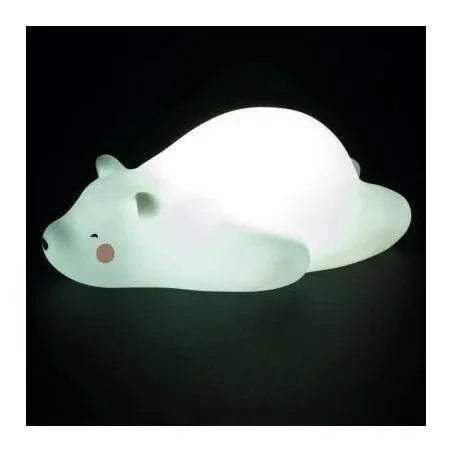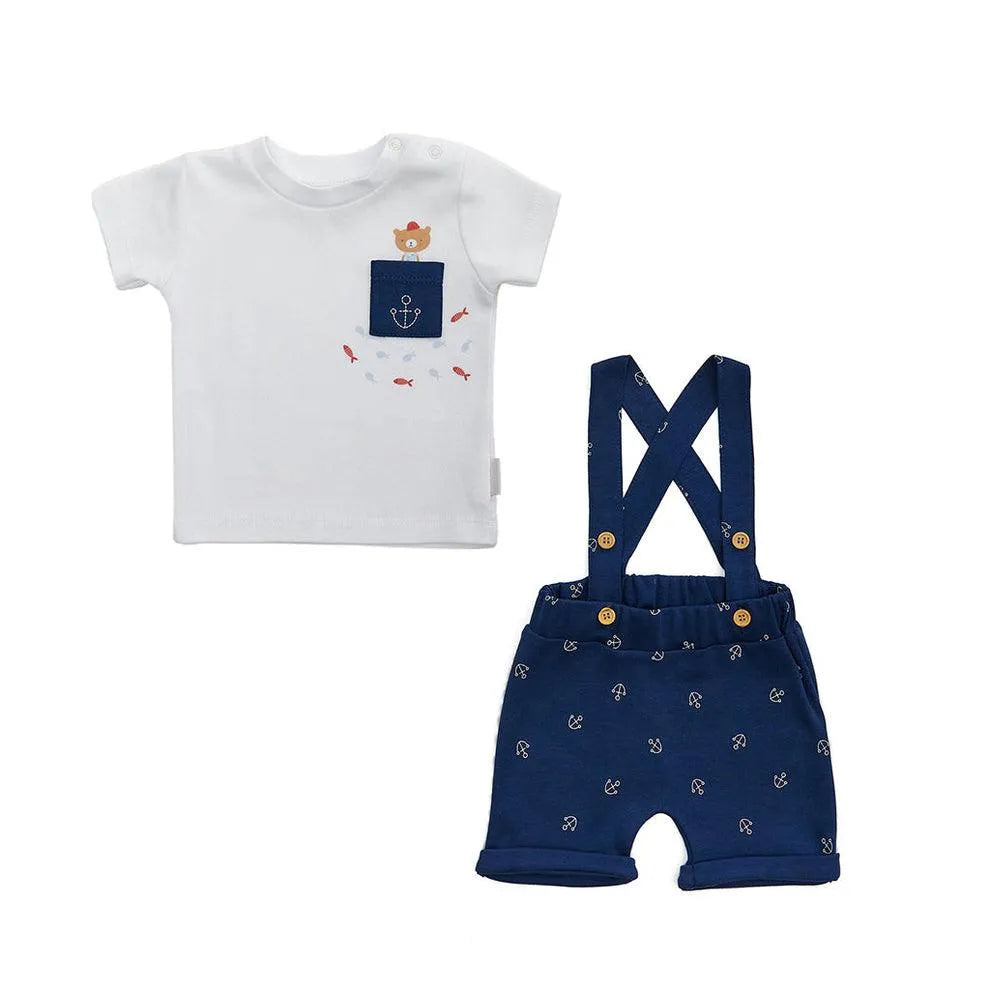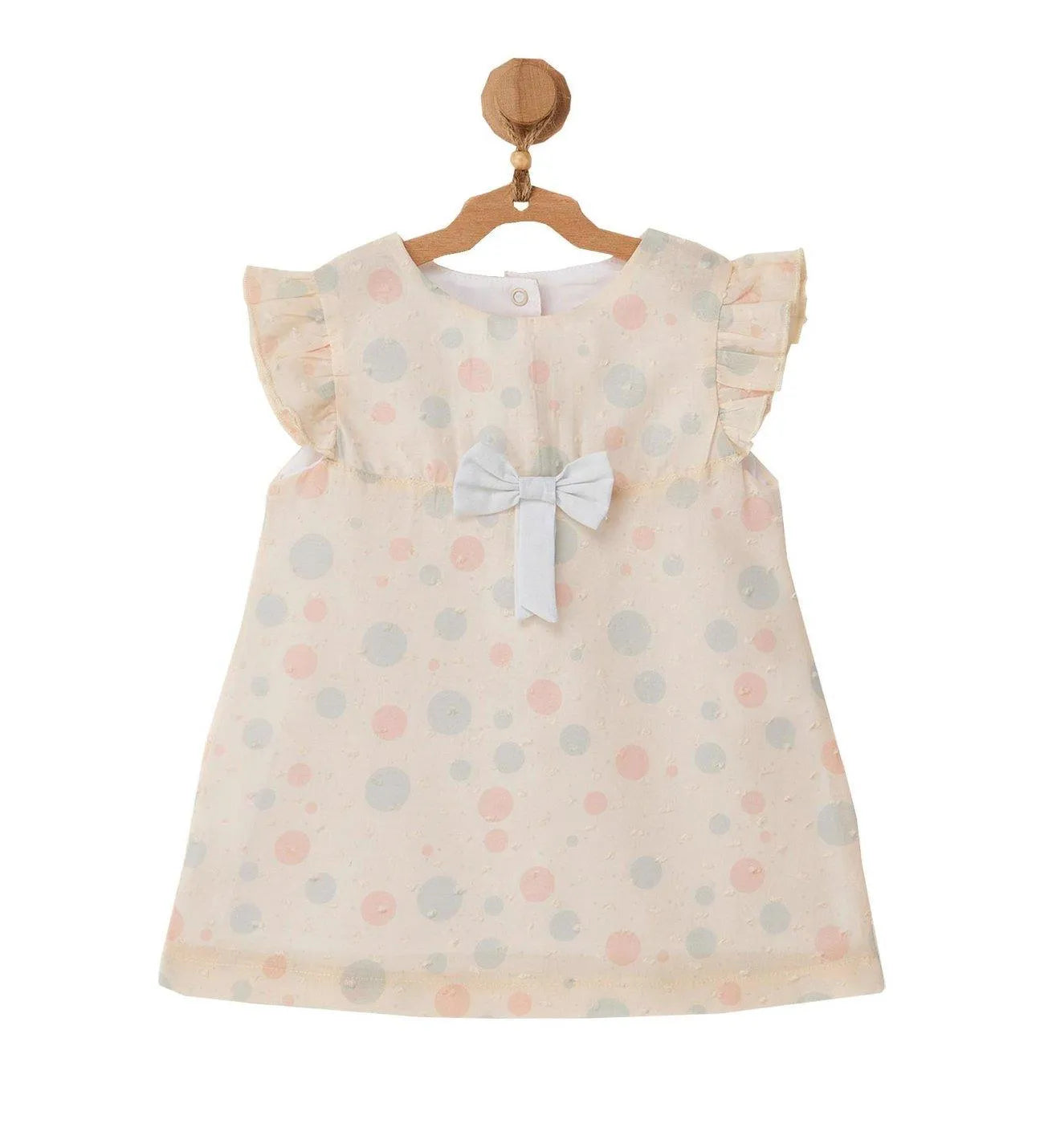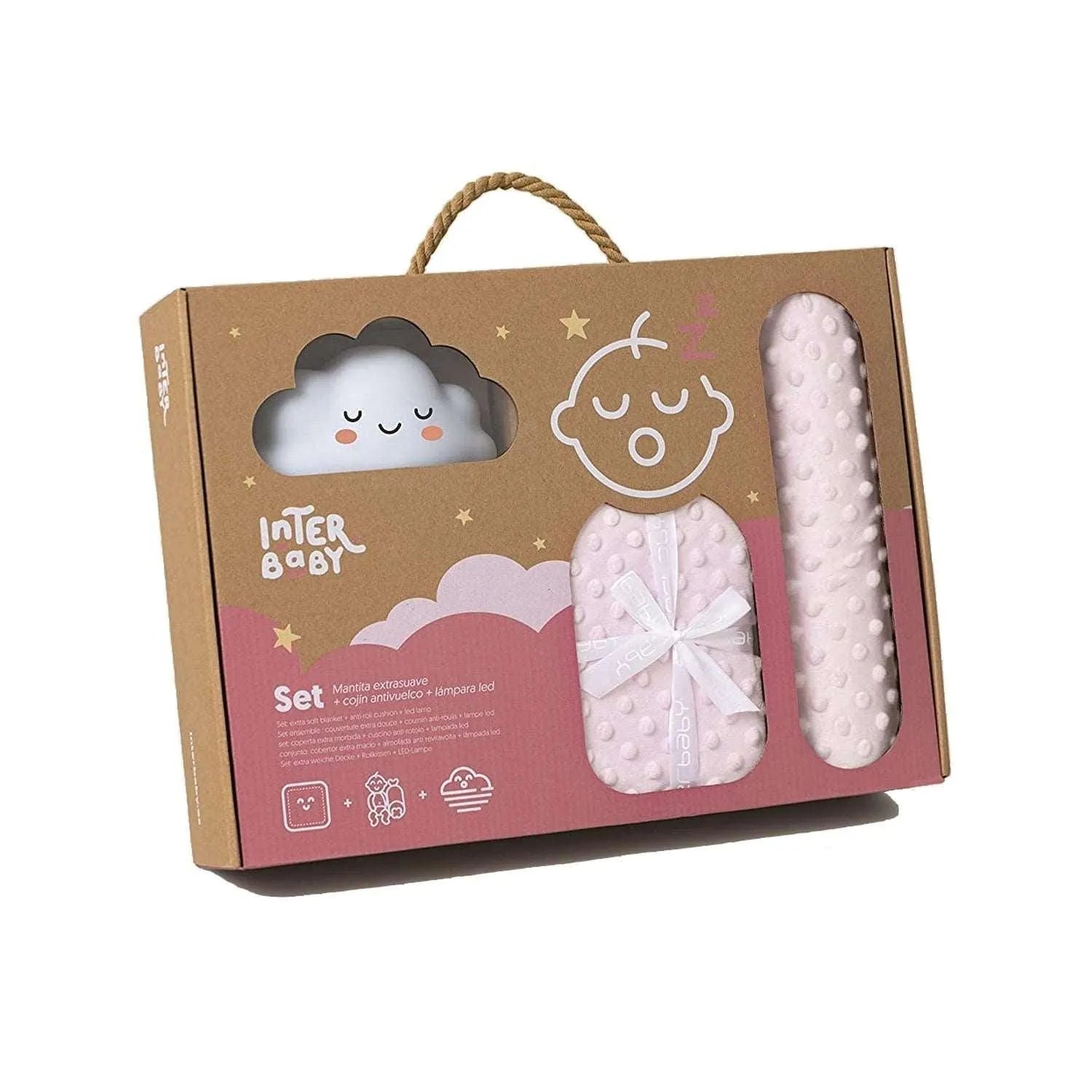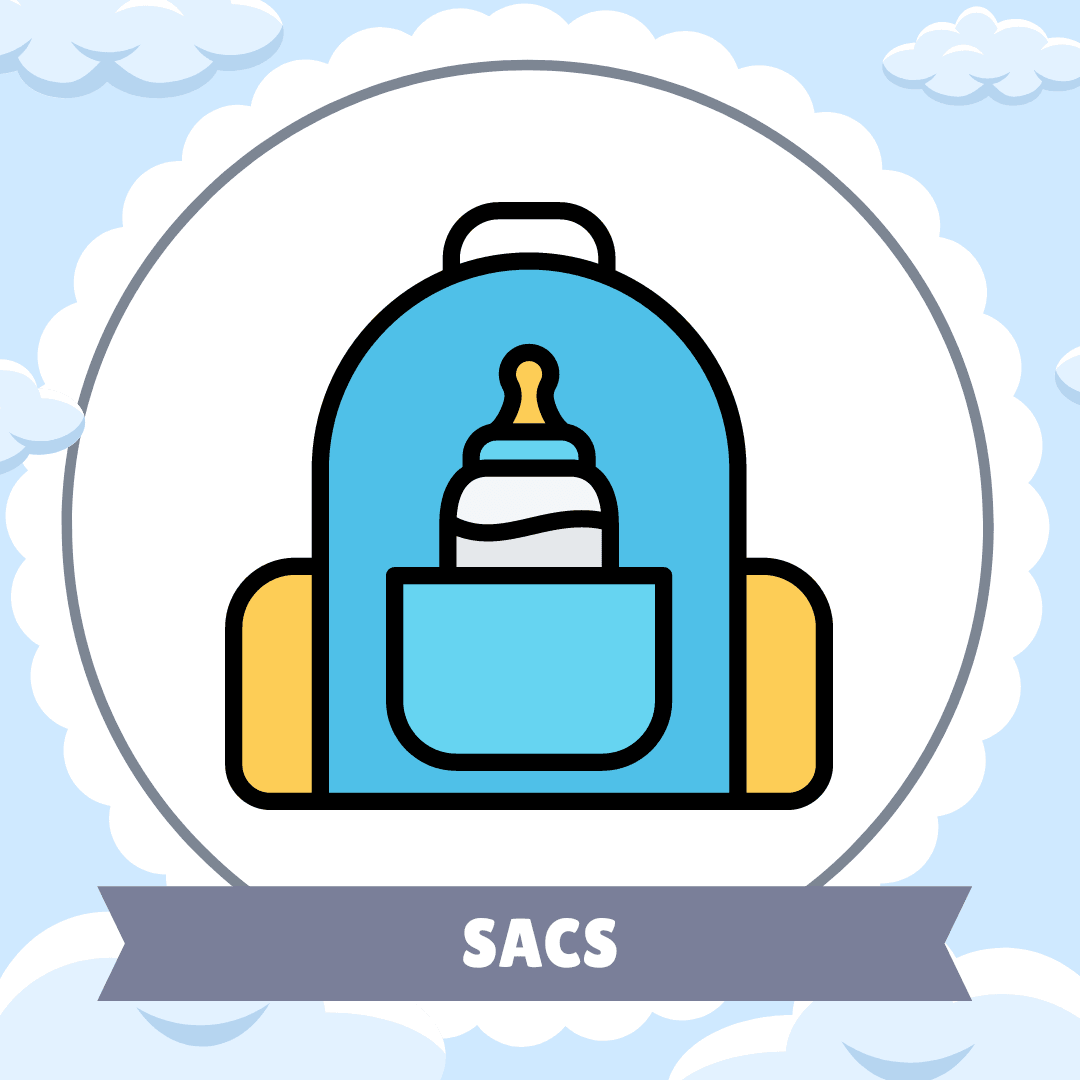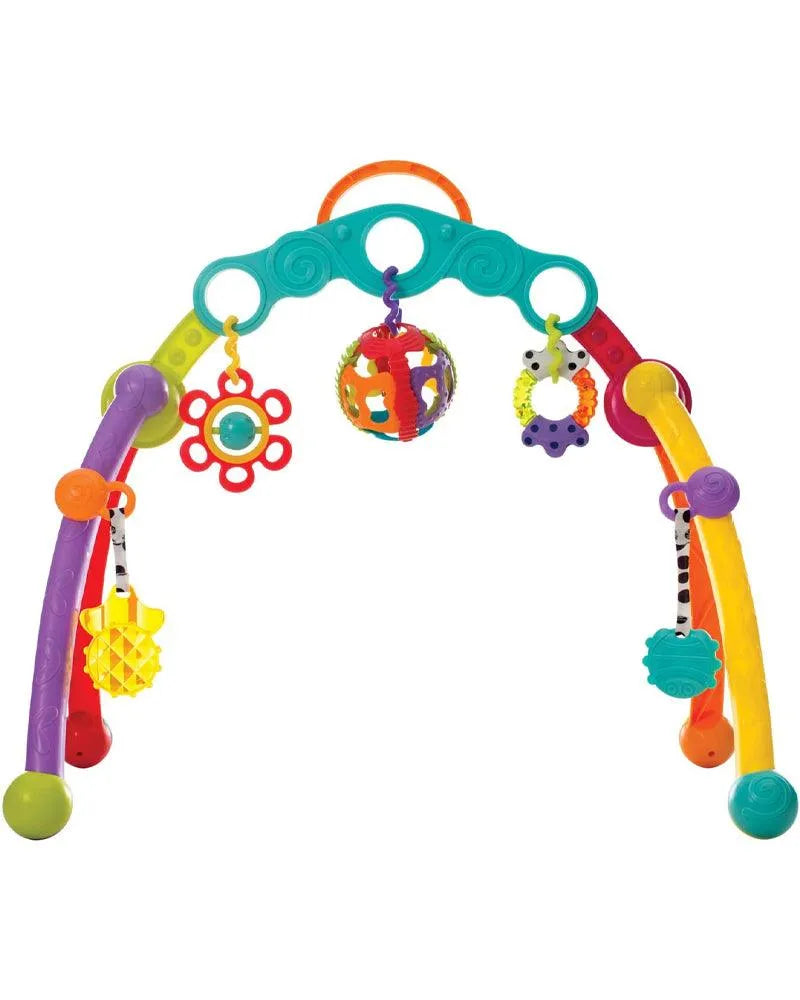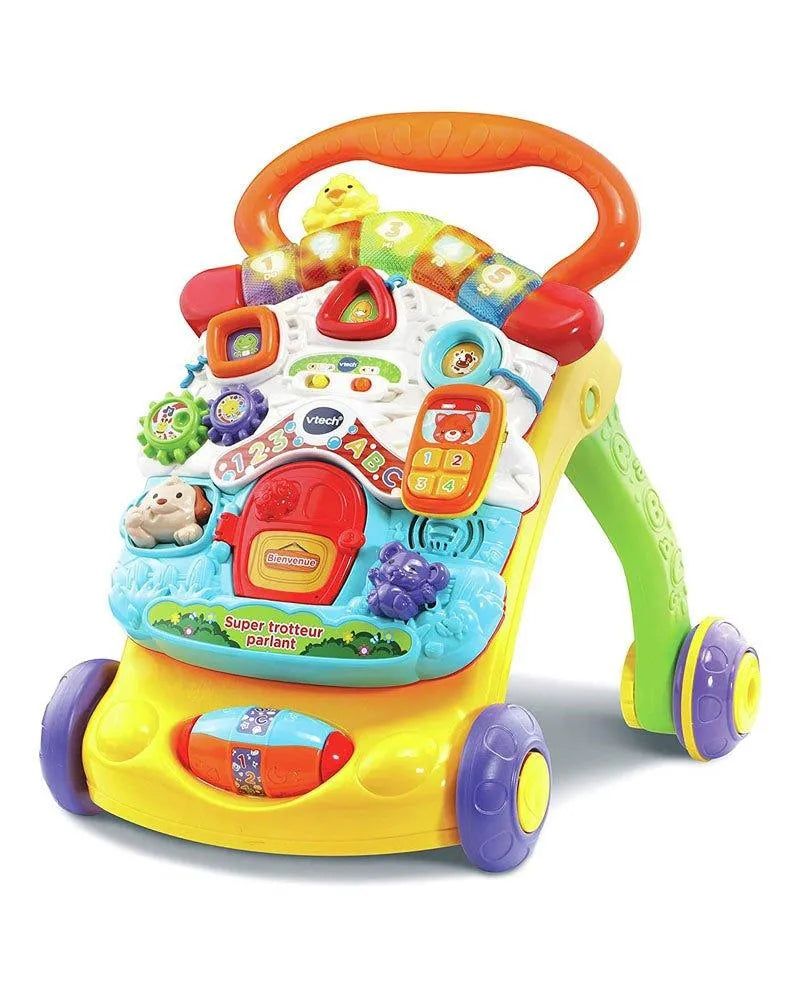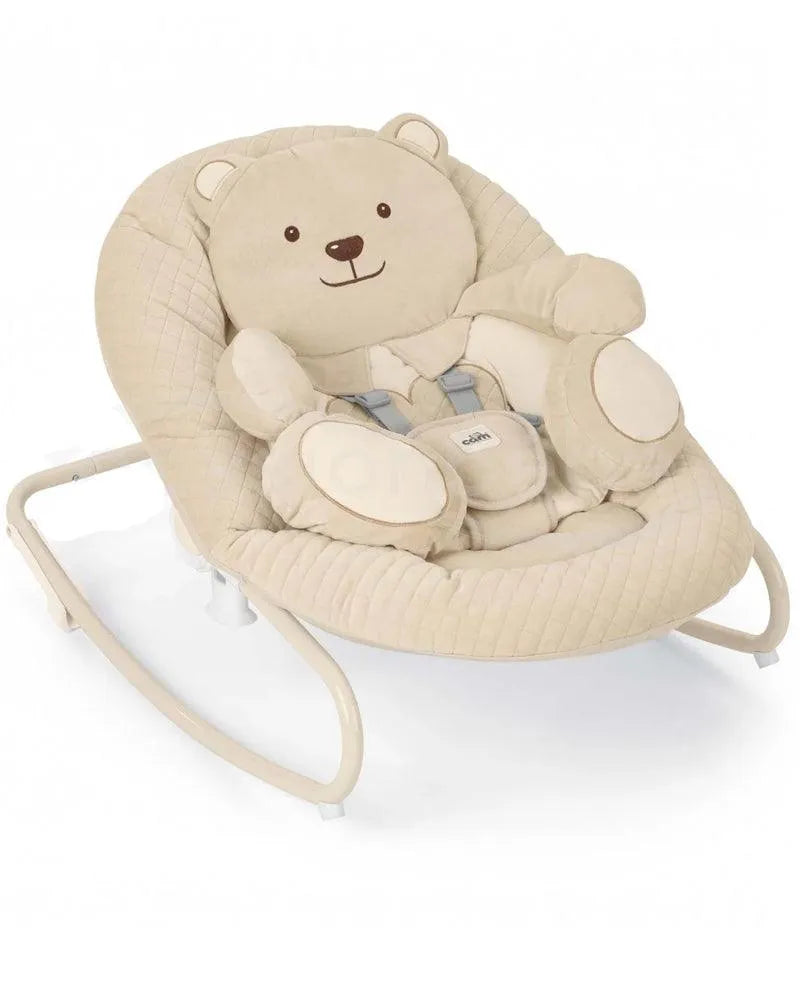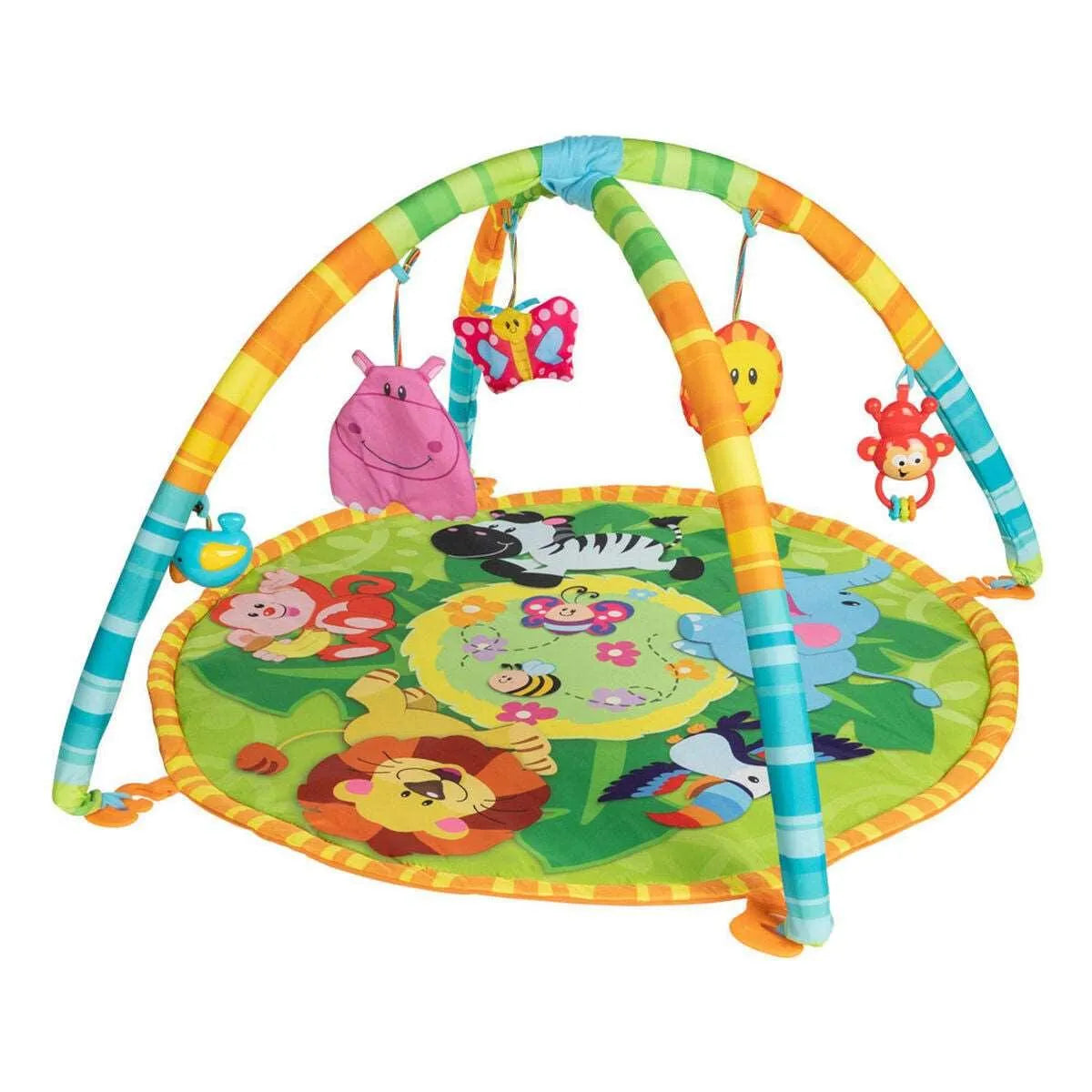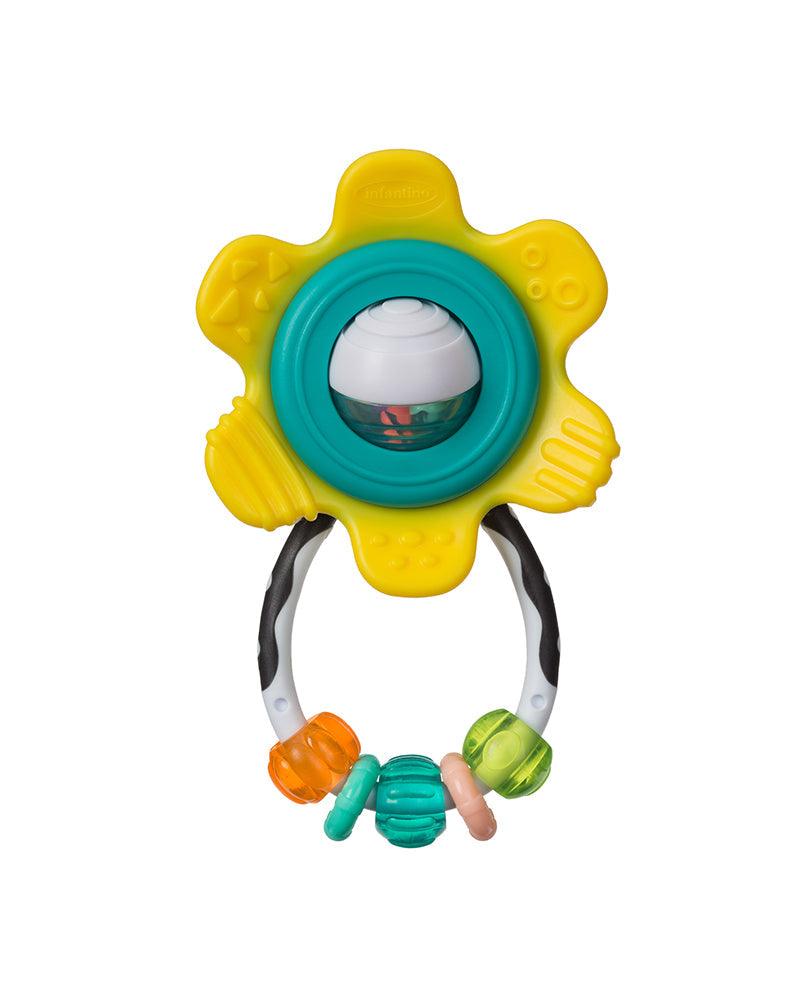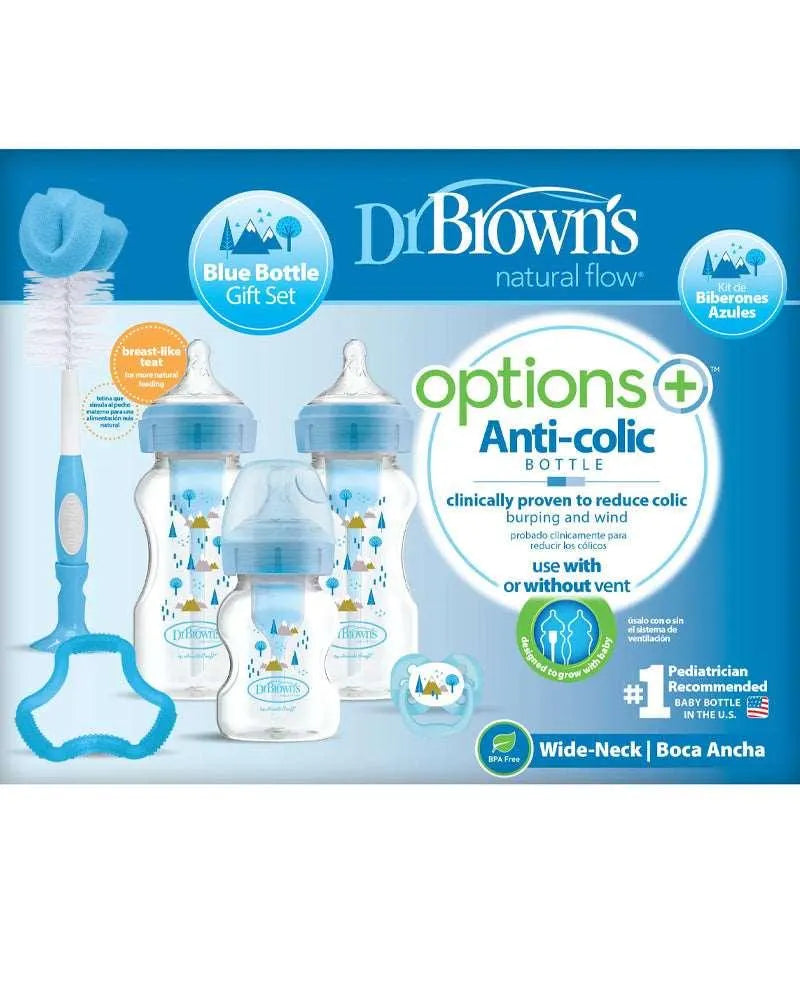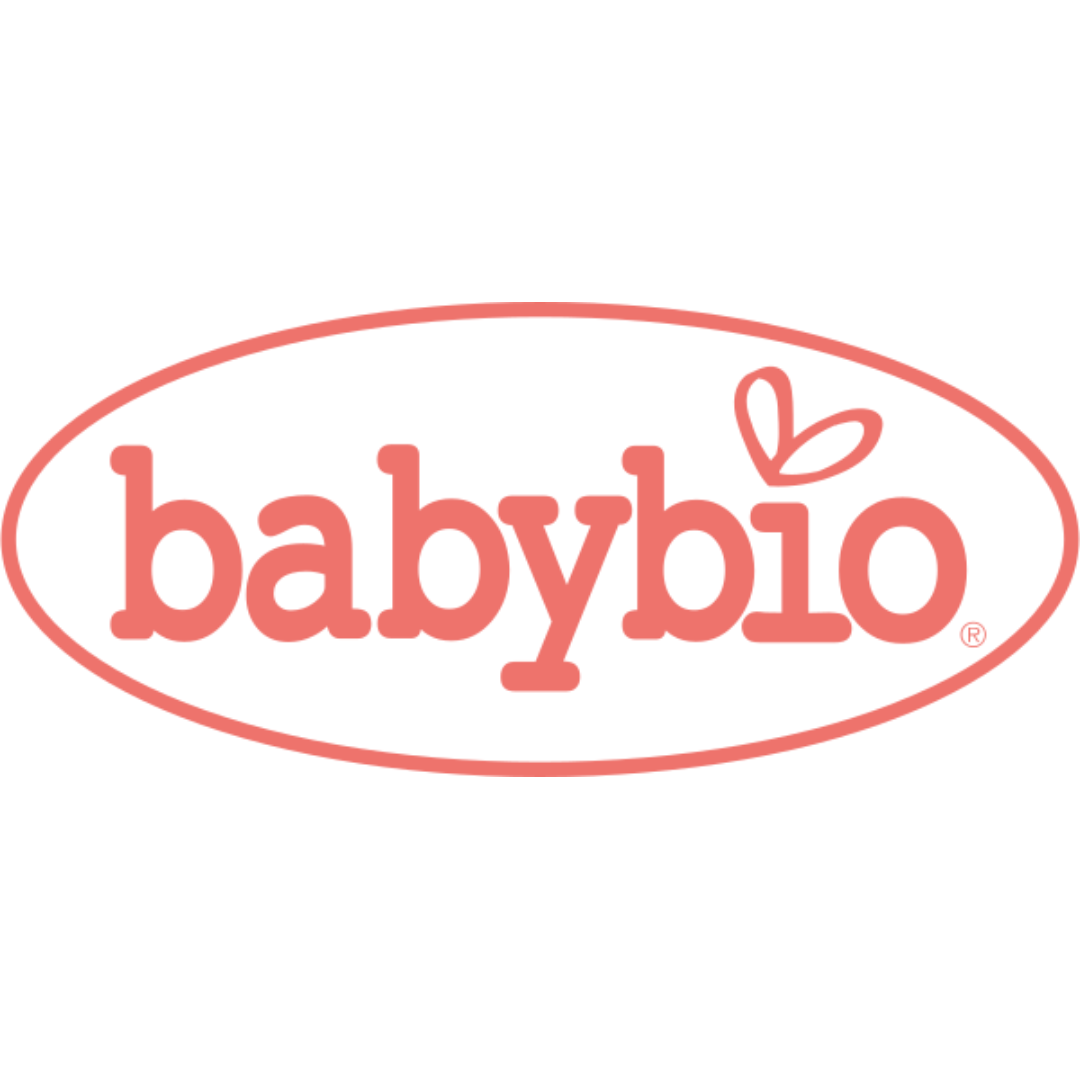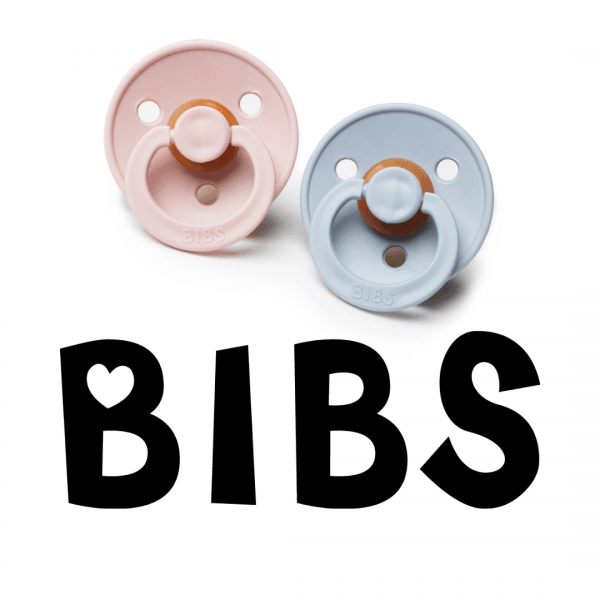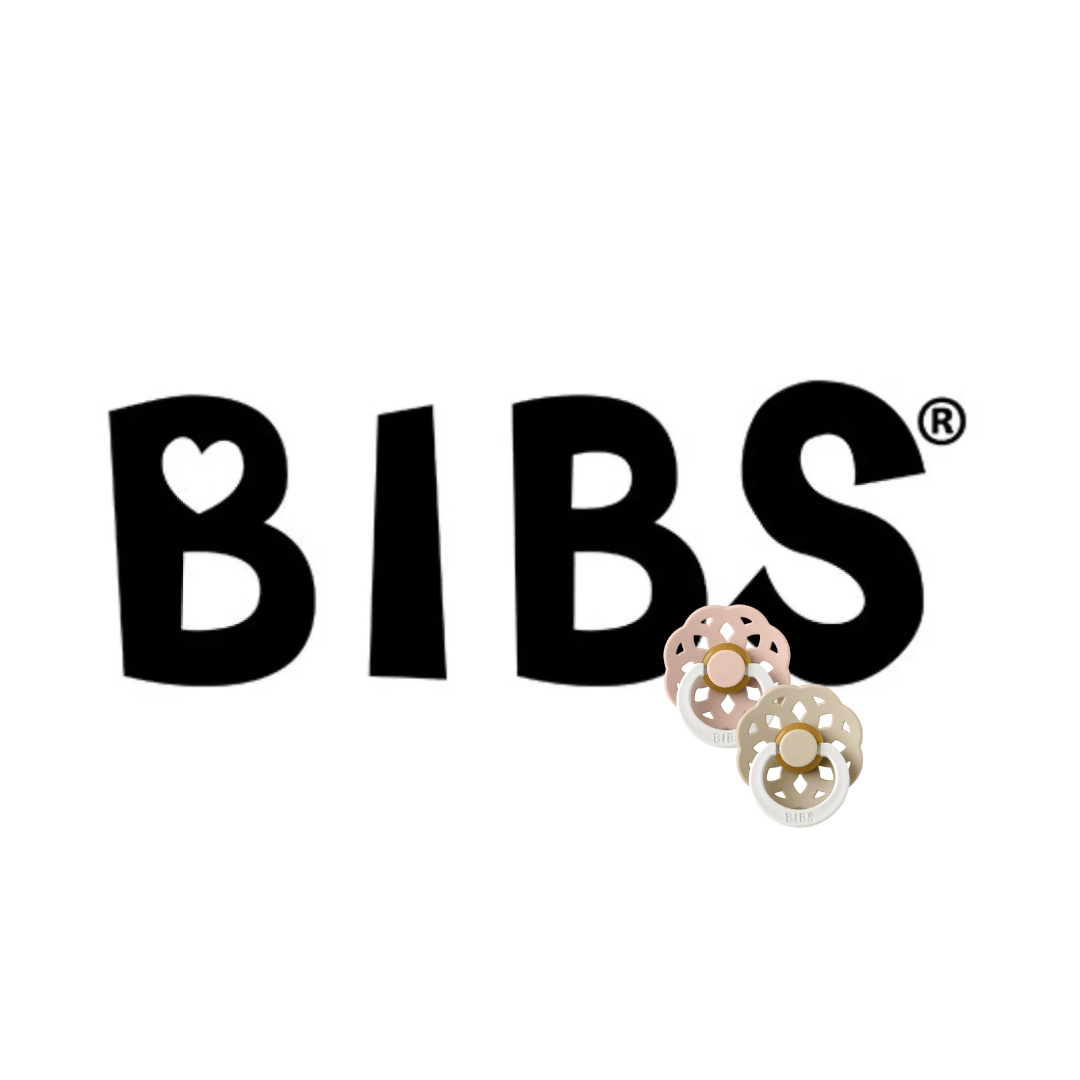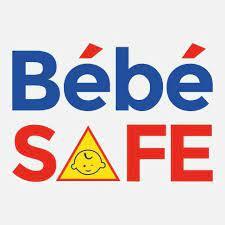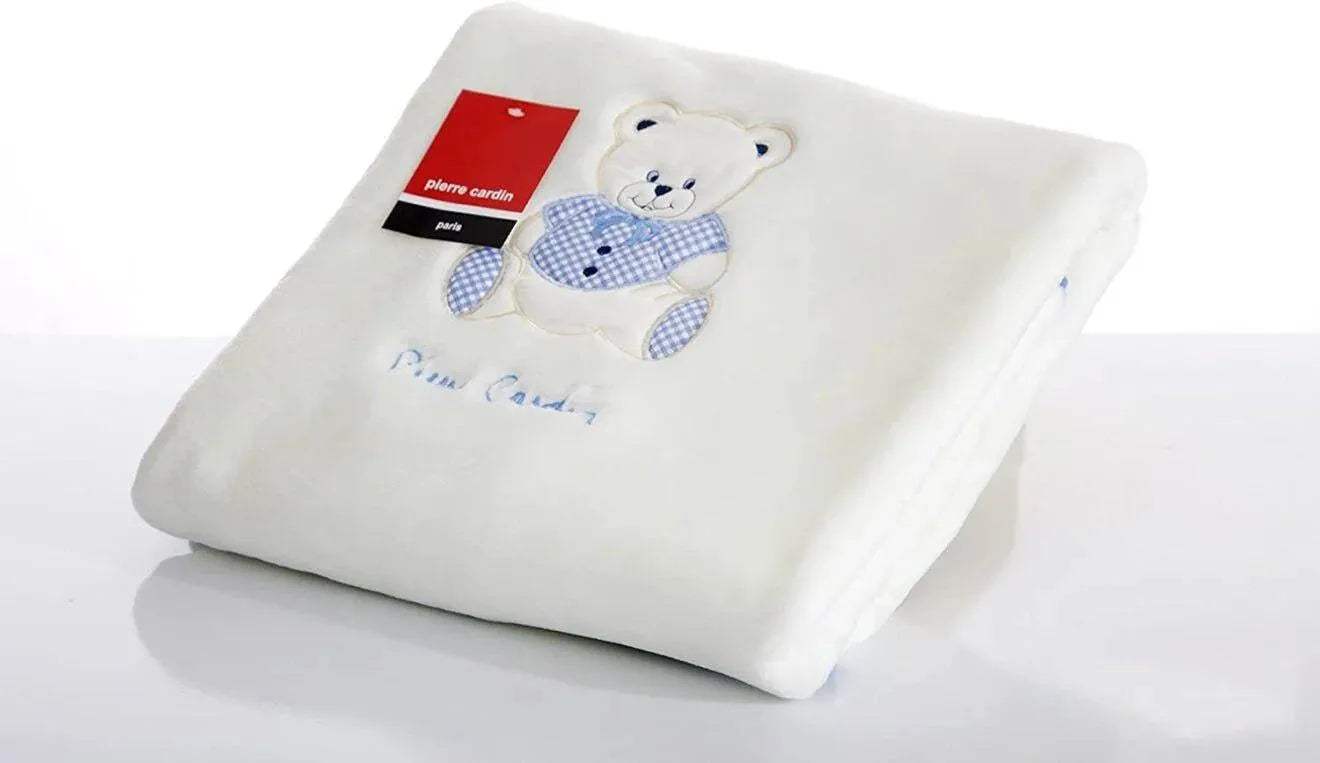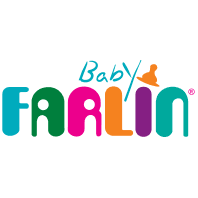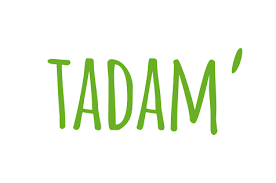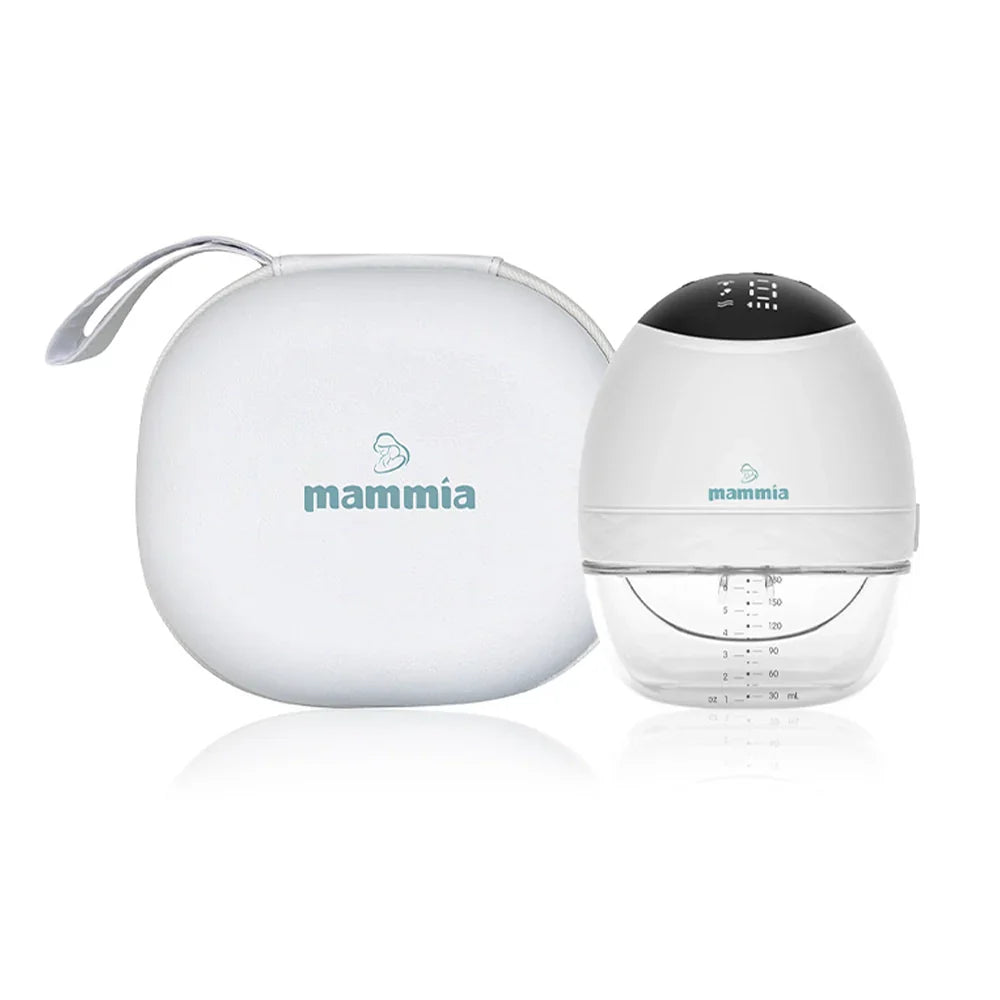
Understanding Why Your Baby Clicks His Tongue
Understanding Why Your Baby Clicks Their Tongue: Exploration, Communication, and Learning
Babies discover their environment through their senses and oral experiences: sucking, chewing, tasting… Among these behaviors, some infants may click their tongue repeatedly or spontaneously. This can intrigue or worry parents, who wonder if this gesture is normal, if it reveals a specific need, or if it indicates an underlying problem. In this article, we help you understand the possible reasons for this "clack clack" and adopt the right attitude.
1. What is "tongue clucking" in babies?
The tongue clicking (or "tongue clicking" in English) is characterized by a brief and dry sound, resembling a small "clack," produced when the baby presses their tongue against the palate and then quickly detaches it.
- It is sometimes observed as early as the first weeks of life, while other babies will only do it around a few months.
- This action can be occasional or repeated, associated or not with other mouth movements (sucking, sticking out the tongue...).
An Oral Stimulation Sign
The mouth is a major area of exploration for the child: it allows them to discover textures, practice sucking (for feeding), and later, manipulate sounds. Clicking the tongue is therefore part of the multiple attempts of the baby to understand their body and improve their oral coordination.
2. Why Does Baby Click Their Tongue? Possible Reasons
a) Sensory and Motor Exploration
The clicking of the tongue can be a simple gesture of experimentation. Baby tests their oral abilities:
- Discovering New Sounds : Manipulating the language and producing that "clack" can awaken your child's curiosity as they observe the reactions of those around them or delight in their own sound discoveries.
- Refine Oral Coordination: This action contributes to the development of the mouth, tongue, and muscles involved in speech and eating.
b) Communication and Expression
Sometimes, the clicking of the tongue is part of a beginning of communication:
- Attracting Attention: The child can thus request an exchange, make eye contact, or signal a need.
- Imitation of Sounds: If he hears you make a similar sound (kissing noises, involuntary claps...), baby may try to reproduce that sound.
c) Report a Desire or Discomfort
- Hunger or Thirst : Clicking the tongue can be a way, even unconsciously, to signal the desire to suckle or drink, especially if it is associated with a sucking motion.
- Gum Irritation: During teething, baby may seek oral relief by clicking their tongue or chewing on other objects.
d) Habit or Game
Some children find this sound amusing or rewarding (it surprises or makes adults smile), so they repeat the action to play or get the attention of those around them.
3. When Should One Worry?
Most of the time, tongue clicking in babies is completely benign and normal. However, it is recommended to monitor for certain signs:
- Persistence of Other Symptoms: Uncontrollable crying, irritability, loss of appetite, fever… may suggest a dental, ENT, or digestive issue, requiring medical advice.
- Feeding or Sucking Delay: If the baby seems to have difficulty latching or swallowing, or if the tongue clicking is accompanied by abnormal swallowing sounds, it is better to consult a healthcare professional.
- Lesions or Irritations in the Mouth: If you notice redness, bleeding, or lesions, talk to your pediatrician.
4. What to do if Baby Clicks their Tongue?
a) Observe and Encourage
- Welcome this Gesture Calmly: Show that you are attentive, smiling, and see how the baby reacts. Is he trying to imitate you or interact?
- Encouraging Sound Discovery : By repeating sounds, singing, and babbling with him, you nurture his auditory curiosity and ability to imitate.
b) Check if there is a Particular Need
- Offer the Breast or the Bottle: If the baby is clicking their tongue and seems to be searching, this may be a sign of hunger or thirst.
- Examine the Gums: A dental eruption may explain the search for oral stimulation. Use a teething ring if necessary.
c) Monitor Without Too Much Intervention
- Do Not Force the Child to Stop: This gesture is part of development. It should cease or diminish as the baby grows and discovers other sounds.
- Avoid Disproportionate Reactions: Stay calm; an excessive reaction may lead the child to believe it is a provocative game, encouraging them to continue to gain attention.
5. Tips to Promote Oral Development
- Offer Teething Toys: Help baby massage their gums, relieve discomfort, explore their mouth.
- Vary Food Textures: When solid food begins, vary purees, melting pieces, etc., in order to stimulate chewing and oral motor skills.
- Communicate, Sing, Speak: Stimulate listening and imitation, which facilitates the learning of phonemes and speech.
In summary
The fact that your baby clicks their tongue often falls within a process of sensory and motor exploration. Most often benign, this behavior can signal a desire (hunger, thirst, need for attention) or simply reflect play and experimentation. However, keep an eye out for any signs of discomfort or pain, and do not hesitate to consult a professional if you suspect a particular discomfort or feeding difficulty. In the majority of cases, a baby who clicks their tongue grows up perfectly well, developing their oral motor skills and sense of communication.
Key Points
- Clicking the tongue is common and often normal: the baby explores their mouth and produces new sounds.
- Watch for the repetition of the gesture and the appearance of other signs (irritability, crying, fever...).
- Encourage auditory discovery, provide him with other oral stimulations, and ensure his feeding comfort (breastfeeding, bottles, solids).
- Consult a pediatrician if you notice unusual symptoms or persistent discomfort.
For any questions or advice, do not hesitate to contact our customer service. We are at your disposal to help you understand and best meet your child's needs.

